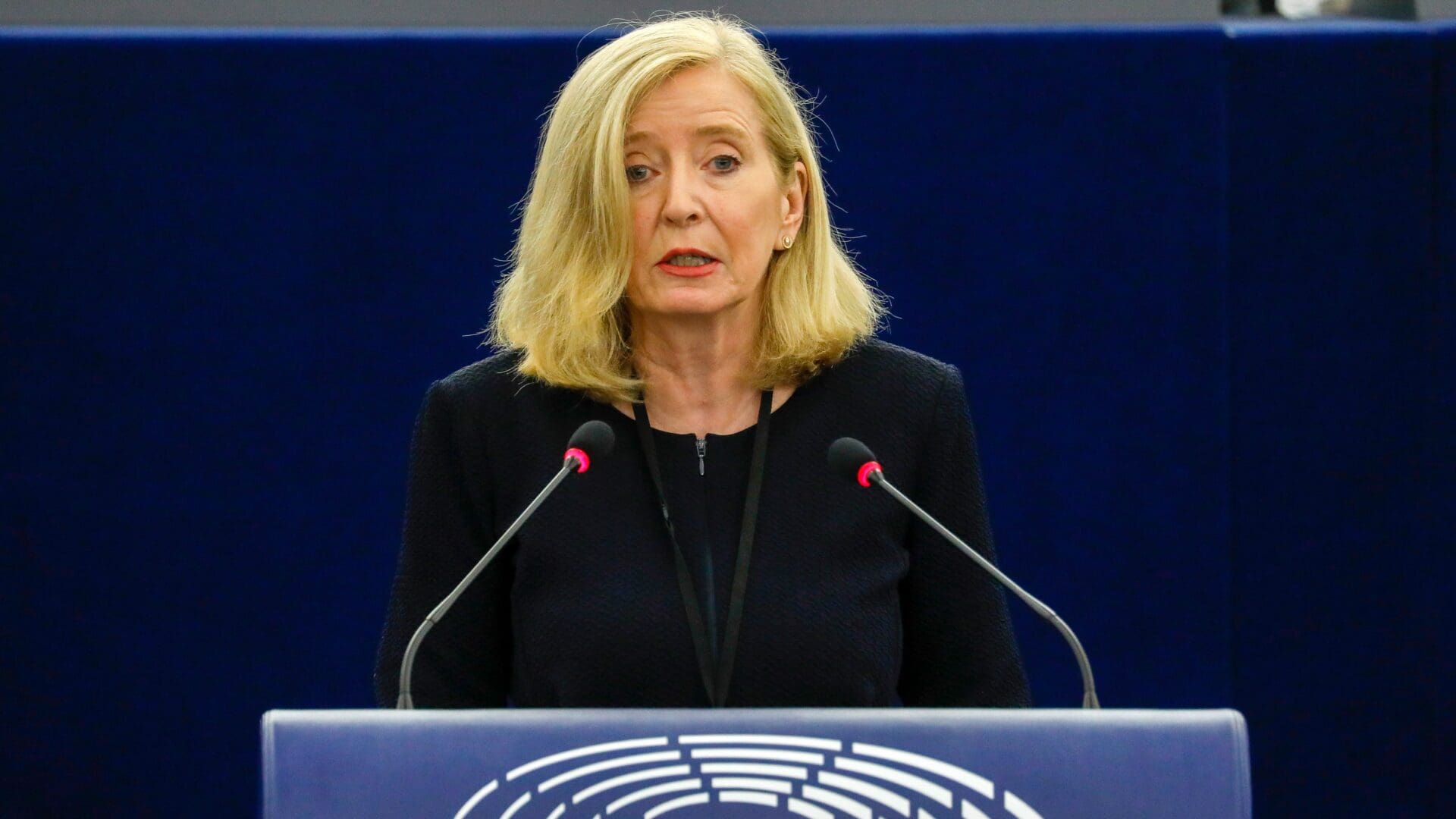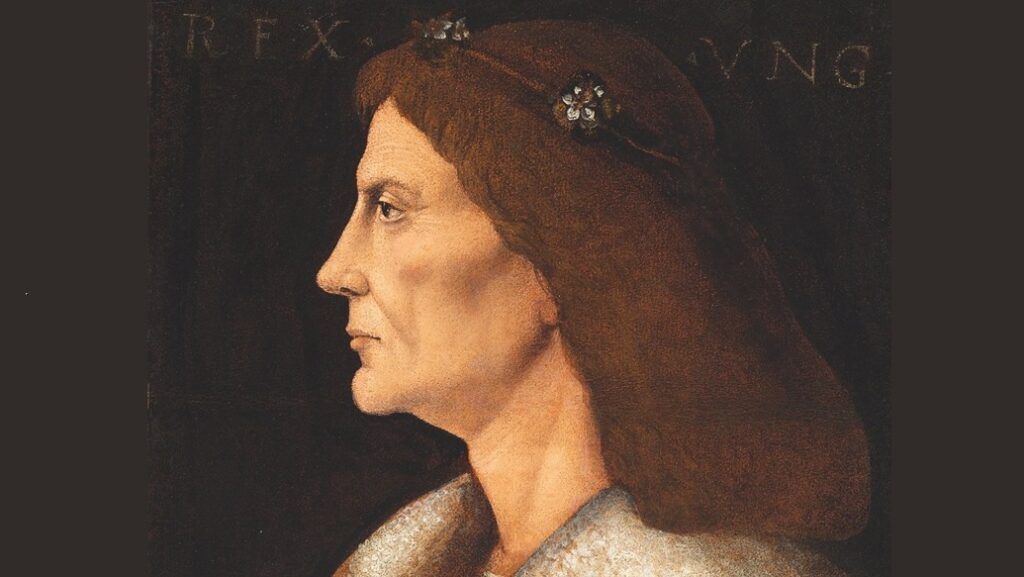Following the Qatar corruption scandal, EU Ombudsman Emily O’Reilly told Parliament President Roberta Metsola on Monday that the committee of the European Parliament in charge of monitoring MEP behaviour must be strengthened.
The Ombudsman’s Recommendations
The ombudsman wrote a largely supportive letter to Metsola, praising her ‘determination’ to clean up the Parliament; as well as some of her 14 suggestions, including the establishment of an integrity portal on the organisation’s website, and the imposition of a strict ‘cooling-off period’ prohibiting former MEPs from lobbying the Parliament.
O’Reilly also focused on the only ethics body of the Parliament. It is a five-member advisory group whose job is to make sure MEPs abide by a code of ethics that outlines standards for integrity, in areas such as disclosing gifts received and paid trips abroad. The president appoints the committee’s MEPs, who counsel her on how to discipline MEPs who break the rules. The committee works mostly in secrecy and only releases one report per year that does not name which MEPs specifically received punishment.
The Advisory Committee is tasked with enforcing the Code of Conduct, although its authority is limited. In her letter to Metsola, O’Reilly stated that ‘addressing this involves increasing the independence of the Committee, enabling its powers to pro-actively monitor, investigate, and enforce compliance with ethics laws, and providing it with necessary resources.’ O’Reilly continued by saying that there should be more transparency about how the ethics board conducts its business.
Senior MEPs are already opposing Metsola’s idea, and the left is attacking it for falling short of what the MEPs voted for in December. According to a draft of the plans dated 12 January, one of Metsola’s 14 points, ‘strengthening the Code of Conduct Committee,’ provides no information about how this would be accomplished. In addition, O’Reilly urged Metsola to release a schedule of the forthcoming internal reforms. As for how the reform will be carried out in practice, the ombudsman said, ‘I look forward to the detailed proposals giving effect to the general approach you have outlined.’
TI Official Decries EP’s ‘Culture of Impunity’
Nick Aiossa, deputy director of Transparency International EU, discussed the matter on 26 January before the EP’s Special Committee on Foreign Interference.
‘There has been a “culture of impunity” among MEPs in the Parliament, which was a factor in the Qatargate crisis that shook the organisation at the end of the previous year.’ The lack of discipline some MEPs displayed by breaking the rules, he claimed, was evidence that the parliament had ‘some of the weakest sanctions in place.’ According to Mr Aiossa, 24 ethical infractions of the Code of Conduct were reported during the last term of the Parliament, but no consequences followed.
‘The right and power to impose sanctions on an MEP fall directly within the purview of the EP President. For a number of reasons, including political considerations as I suspect, they have not been put forward’ he stated. Mr Aiossa continued, ‘MEPs will not feel obligated to respect the rules.’
In response to the corruption scandal, Michiel van Hulten, director of Transparency International EU, told POLITICO that ‘there have been smaller scandals and smaller reforms, but there has never been a moment when the institution’s future was in jeopardy due to the sheer nature and size of the scandal. Since Qatargate, that has changed. So for the EP, this is kind of a make-or-break moment.’
However, it appears that a significant portion of MEPs opposes the tightening of regulations. EP Vice President Gwendoline Delbos-Corfield claimed that she had approached the S&D and Renew groups for a debate about anti-graft reforms. However, no one had expressed interest in such a debate during her campaign to replace Eva Kaili, the Greek Socialist MEP who is currently being held in custody on corruption charges.
‘These are simply a few rotten apples, the scandal will end, and things can resume as normal,’ Delbos-Corfield stated.








